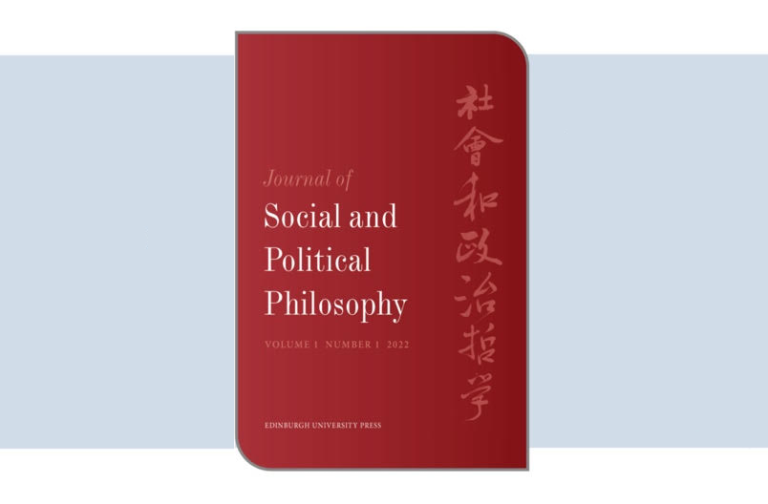Wittgenstein’s early private notebooks have just been published in English, translated by Marjorie Perloff (Stanford). Towards the end of an essay about them, Kieran Setiya (MIT) draws attention to “the way philosophy is personal.”
In my experience, many philosophers have deep—I would say, spiritual—relationships with their work, even when it’s highly theoretical. They rarely write about these feelings, at least not for publication…
It is often said that contemporary philosophy is inaccessible. This statement is misleading, in part because the inaccessibility is not new—the great works of philosophy have always been difficult—and in part because there is now a thriving enterprise of “public philosophy,” aimed at a general audience. What public philosophy has not much conveyed, however, is the way philosophy is personal: the fact that we can feel about abstract questions of logic or metaphysics the way we feel about our deepest moral, political, and personal commitments, the music we listen to, the poetry we love—and that these feelings may be related. Philosophers are an astonishing, flawed, obsessive bunch. We have something to learn—about them, and about their philosophy—from figuring out what makes them who they are.
It’s an astounding fact that someone would devote their life to the question “What is necessary truth?” or that they would write, in code, on one side of a notebook, “Much anxiety! I was close to tears!!!!” and on the facing page, “A question: can we manage without simple objects in logic?” The content of one’s metaphysics, like the content of one’s character, is a way of seeing the world. And the connection between them is a philosophical matter.
The route to this topic winds its way through the question of why it took so long for the notebooks to be translated into English. Quoting Perloff, Setiya writes:

Yet the early notebooks show Wittgenstein grappling with personal problems on one page and philosophical ones on the next, and provide examples of how “philosophy, even in its technical forms, is the expression of an outlook that defines who someone is.” Setiya writes:
The tendency in philosophy to focus on arguments themselves, to the exclusion of biography—for all its virtues—risks leaving philosophical knowledge on the table, says Setiya:

Read the whole essay at Boston Review.
Not just philosophy, then, but philosophers: that is what these notebooks help us to see, life and work reflected on facing pages. A philosophy of philosophers, even—shown, if not said…
Discussion welcome.
[Juan Gris, self-portrait, 1916 (detail)]
“In the Oxbridge of the post–World War II years—and, for that matter, in the leading American universities,” she writes, “the study of philosophy has been regarded as an abstract and conceptual discipline, rigorous in its reasoning and quite unrelated to issues of individual biography.” Given the level of fascination with Wittgenstein’s life, I am not sure this explains the delay in translation. But Perloff has a point: analytic philosophy presents itself as an impersonal, objective enterprise.
“Logic must take care of itself,” Wittgenstein writes in the first of his uncoded notes… But logic can’t take of itself; nor can philosophy. They must have caretakers: the logicians and philosophers who dedicate themselves to abstract thought. I like to imagine them each with a private notebook, written in a simple cipher, that accompanies the pages of their published work. What were they doing when they were doing philosophy? What problems did they face in life?





